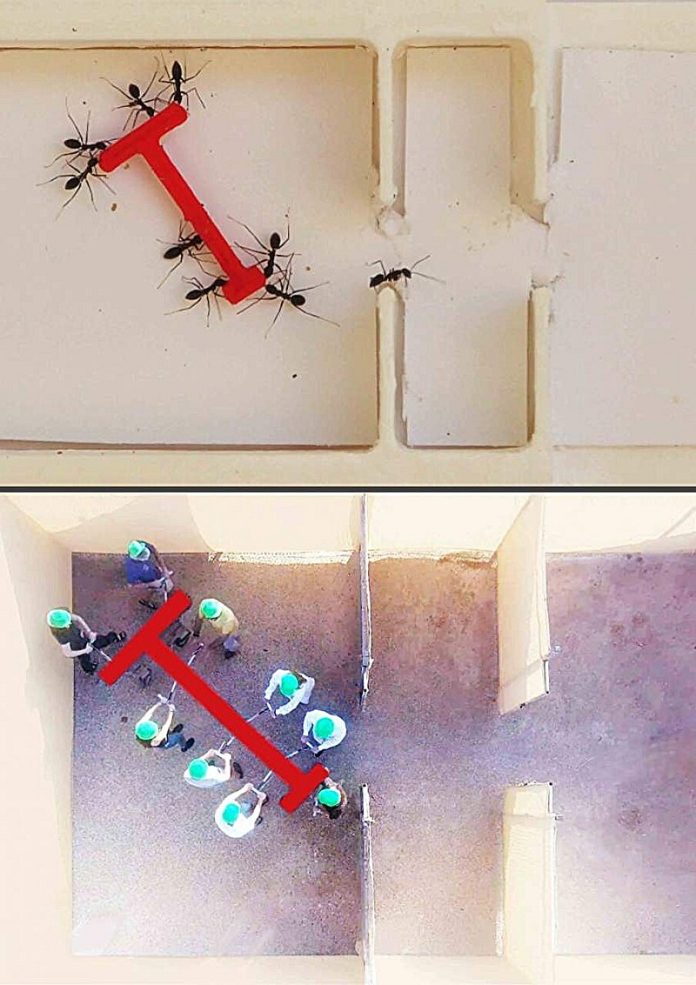

Ants are well-known for their teamwork, whether it’s gathering food or sneaking into your kitchen.
Humans are also social creatures who often work together.
But when it comes to solving problems as a group, who does it better—ants or humans?
A fascinating study led by Prof. Ofer Feinerman and his team at the Weizmann Institute of Science found that ants have the upper hand in group problem-solving.
The results, published in Proceedings of the National Academy of Sciences, reveal surprising insights into teamwork and decision-making.
To test this, researchers created a challenge based on the “piano movers puzzle.” Instead of a piano, participants had to move a large, awkwardly shaped T-object through a maze with narrow passages.
The experiment was scaled to fit both humans and ants. Humans volunteered for the fun of it, while ants were tricked into thinking the object was a tasty treat.
The chosen ants, called Paratrechina longicornis or “crazy ants,” are small, fast, and common in many parts of the world. Both humans and ants worked in three setups: alone, in small groups, and in larger groups.
To make it fair, humans had to follow strict rules, such as not talking or gesturing. They also used handles that simulated how ants grip objects.
The results were clear: humans outperformed ants when working alone, thanks to their advanced problem-solving skills. But in groups, the tables turned.
Ants, especially in larger groups, showed incredible teamwork and even a form of collective memory, helping them move the object more effectively and avoid mistakes.
Humans, on the other hand, struggled in groups, especially when communication was restricted. They often went for quick, “greedy” solutions that didn’t pay off in the long run.
Prof. Feinerman explained the difference: “Ant colonies act as a single super-organism, with all members working together like cells in a body. Their shared purpose allows them to cooperate better.
Humans, however, didn’t gain much by forming groups. In fact, teamwork sometimes made them perform worse.”
This study highlights the strengths of ant teamwork and raises questions about how humans collaborate.
While humans are skilled problem-solvers individually, ants prove that cooperation can sometimes be the smarter strategy. These tiny creatures remind us that teamwork, when done right, can achieve remarkable results.
Source: KSR.
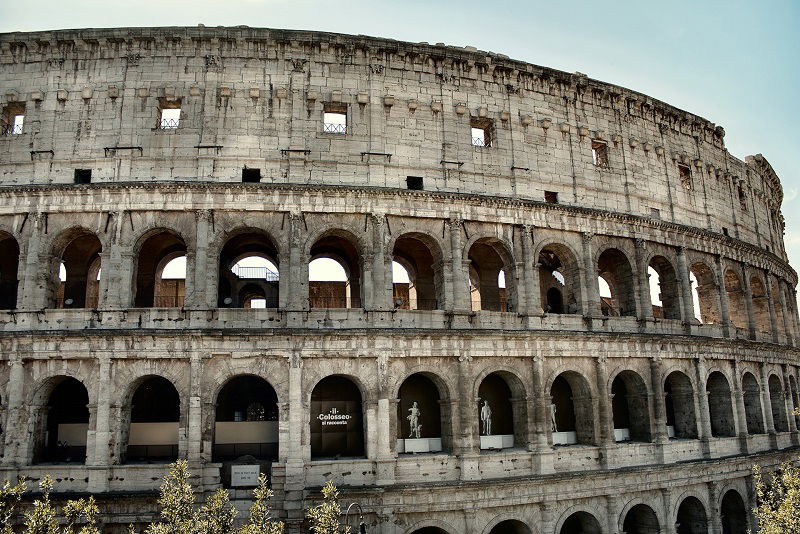
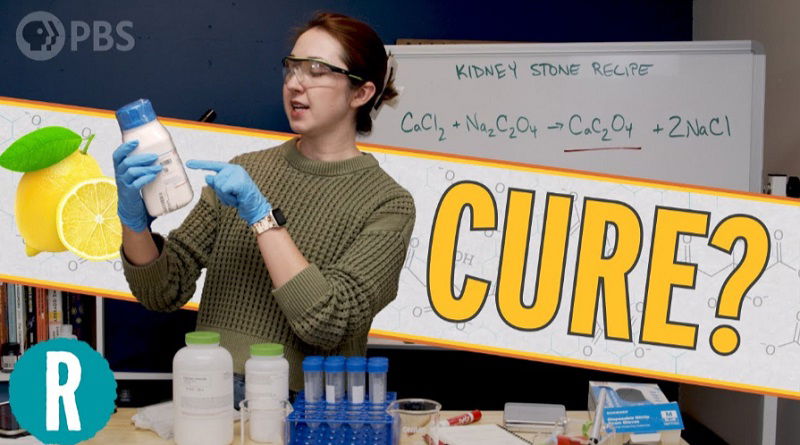
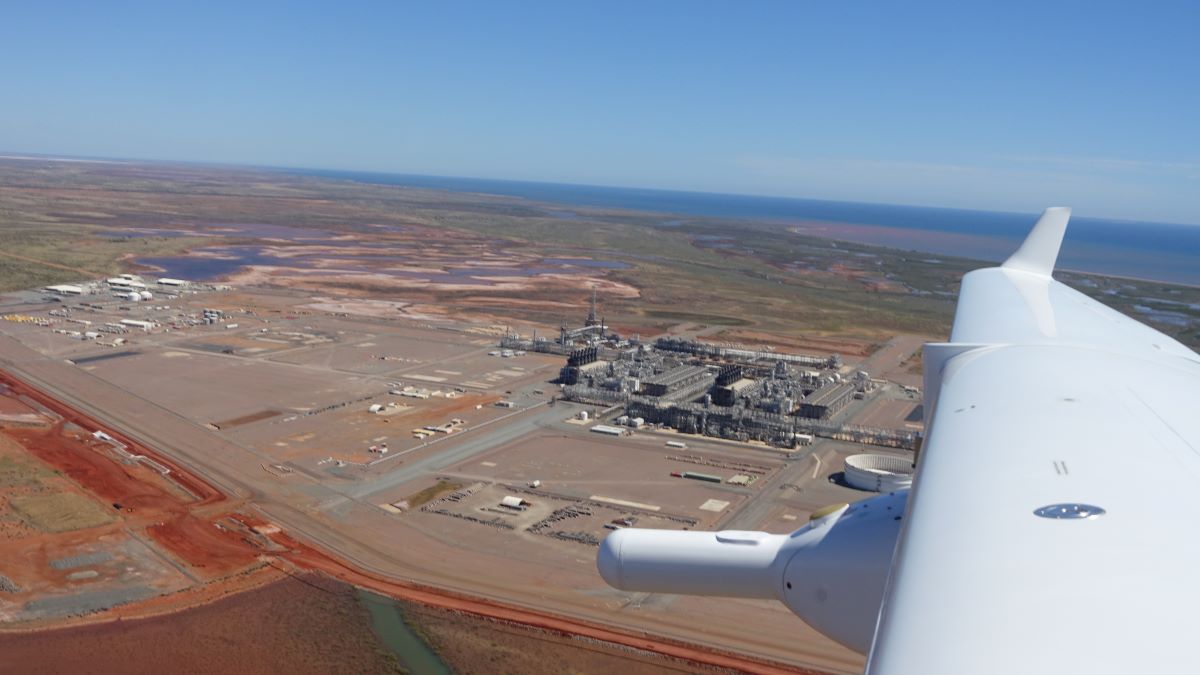

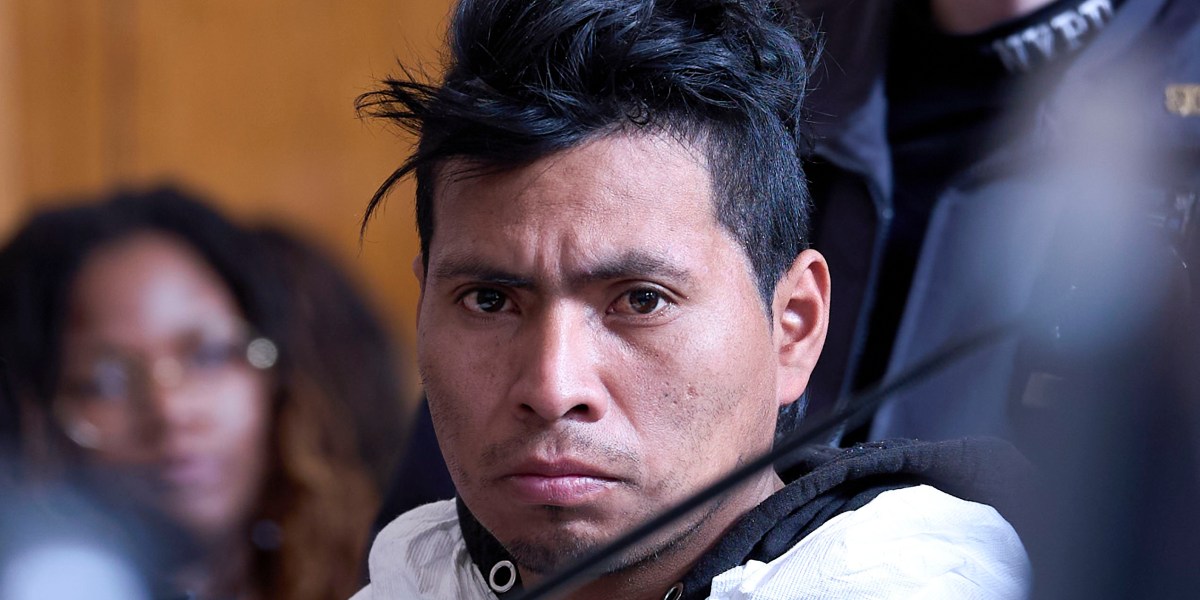
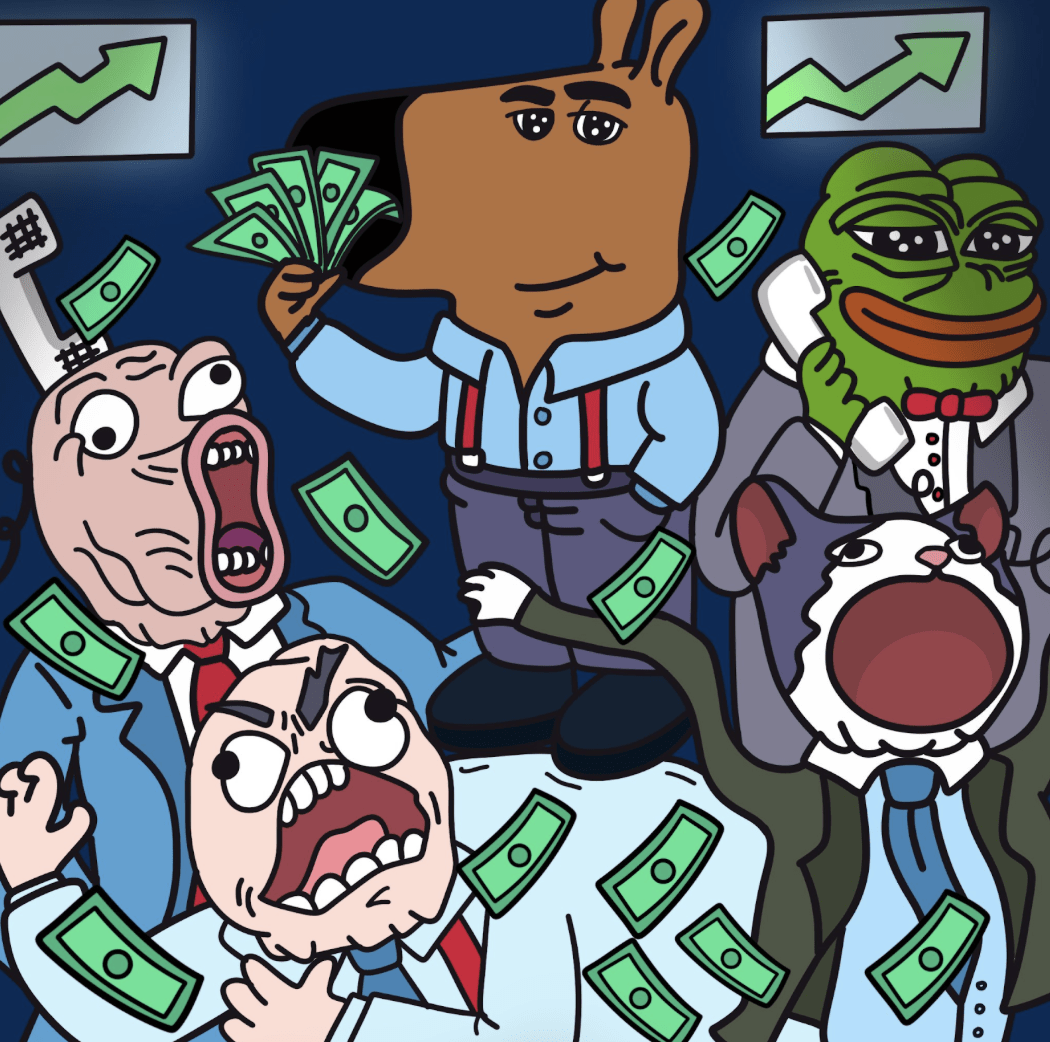



Leave a Comment